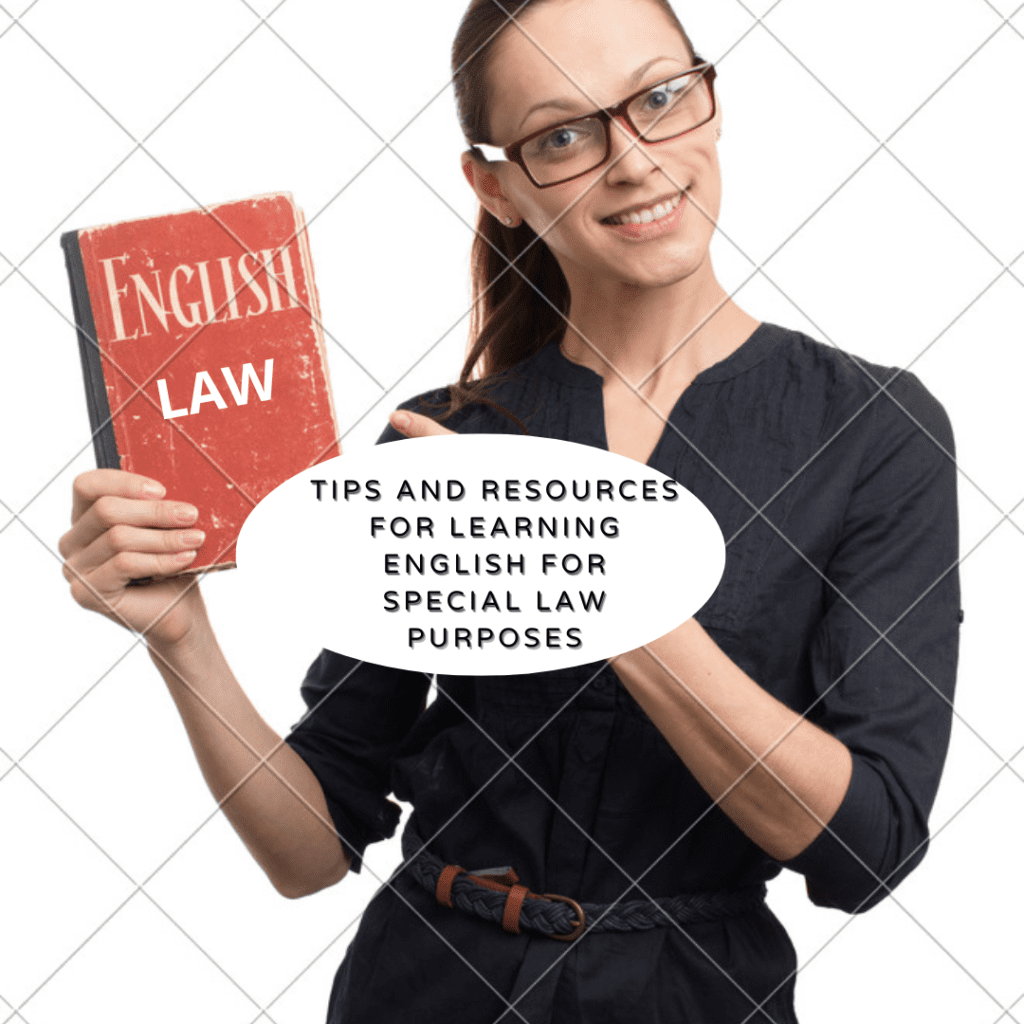
Are you a legal professional looking to improve your English language skills for use in a legal context? If so, you are not alone. English for Special Law Purposes (ESLP) is a growing field of study aimed at improving communication in the legal industry. Whether you are a lawyer, judge, or legal professional, mastering ESLP can unlock your potential and open doors to new career opportunities.
The legal field is notorious for its complex terminology and jargon. Legal professionals must be able to understand and use this language effectively to communicate with clients and colleagues. Furthermore, in today’s globalized world, legal professionals must be able to communicate in English with clients and colleagues from around the world.
One effective way to learn ESLP is through targeted language courses. These courses focus on teaching legal vocabulary and grammar within a legal context. They also cover legal writing, speaking, and listening skills.
Another way to improve ESLP is through immersion. Immersion programs allow you to immerse yourself in an English-speaking legal environment. You can attend legal conferences, participate in legal discussions, and interact with English-speaking legal professionals. This will give you a practical understanding of the language used in legal contexts.
There are also many online resources available to help you learn ESLP. These resources include legal dictionaries, online courses, and language learning apps. You can also find legal texts and articles online to practice your reading and comprehension skills.
In conclusion, learning ESLP can unlock your potential as a legal professional. It can improve your communication skills and open up new career opportunities. Whether you choose to take a targeted language course, participate in immersion programs, or use online resources, the key is to practice consistently and immerse yourself in the language. With dedication and perseverance, you can master ESLP and take your legal career to the next level.
some vocabularyHere are some vocabulary words and phrases commonly used in English for Special Law Purposes (ESLP):
- Litigation: the process of taking legal action, especially a lawsuit
- Jurisdiction: the authority of a court to hear and decide cases
- Plaintiff: the party who initiates a lawsuit
- Defendant: the party against whom a lawsuit is brought
- Discovery: the pretrial phase in which each party can request evidence from the other party
- Deposition: a witness’s testimony taken out of court and under oath
- Cross-examination: the questioning of a witness by the opposing party’s attorney
- Objection: an opposition or challenge to a question or evidence
- Admissible: able to be presented as evidence in court
- Verdict: the decision of a jury or judge in a trial
These are just a few examples of legal terminology that may be encountered in ESLP. It is important to develop a strong understanding of legal vocabulary in order to effectively communicate in a legal context.
some vocabularyHere are some more vocabulary words and phrases that may be useful in learning English for Special Law Purposes:
- Brief: a written legal argument submitted to a court
- Statute: a written law passed by a legislative body
- Precedent: a previous case or legal decision used as a guide in subsequent cases
- Motion: a request made to a court for a ruling or decision
- Appeal: a request to a higher court to review a lower court’s decision
- Habeas corpus: a legal action that allows a person who is detained or imprisoned to challenge the legality of their detention
- Tort: a civil wrong that causes harm or injury to another person
- Liability: legal responsibility for one’s actions or behavior
- Damages: compensation awarded in a civil lawsuit for harm or injury caused by another person’s actions
- Discovery phase: the pretrial phase in which each party can request evidence from the other party
Learning these and other legal vocabulary words can help you effectively communicate in a legal setting and understand legal documents and proceedings.
A book and some free links to improve
One book that can help improve English for Special Law Purposes is “Legal English: How to Understand and Master the Language of Law” by William McKay and Helen E. Charlton. The book covers essential legal terminology, grammar, and style, and provides practical exercises and examples to help learners develop their skills.
Here are some free online resources that can also be helpful in improving English for Special Law Purposes:
- Lawless English – This website offers free lessons and exercises on legal English vocabulary, grammar, and writing skills.
- Duolingo Legal English Course – Duolingo, a popular language-learning app, offers a free course specifically for learning legal English.
- Legal English Dictionary – This online dictionary provides definitions and examples of legal terminology.
- Coursera – Coursera offers free online courses on legal English, legal writing, and other related topics.
- BBC Learning English – The BBC offers free online lessons and exercises on legal English vocabulary and listening comprehension.
By using these resources, learners can supplement their studies and improve their proficiency in English for Special Law Purposes.